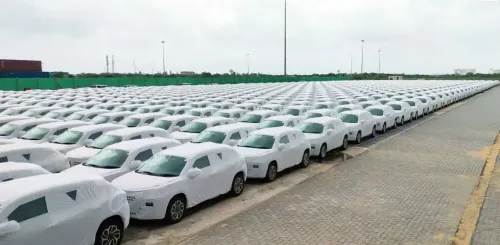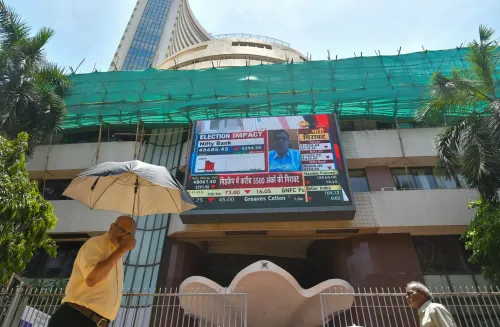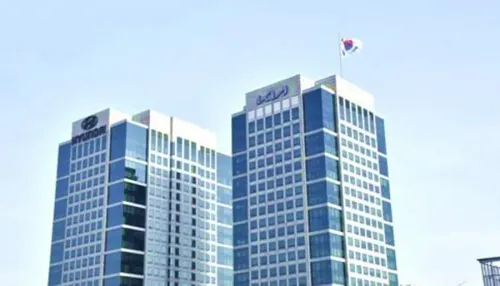Are South Korean Farmers Ready to Take Action Against US Agro Market Opening?

Synopsis
Key Takeaways
- Farmers are demanding protection for their industries amid U.S. trade negotiations.
- Collective action is threatened if the government proceeds with market opening.
- U.S. pressure focuses on non-tariff measures affecting imports.
- Trade Minister's comments have heightened tensions within local farming sectors.
- Significant increases in agricultural imports from the U.S. have been noted over the years.
Seoul, July 18 (NationPress) Local farmers' organizations have amplified their calls for the protection of South Korea's agricultural and livestock industries amid ongoing tariff discussions with the United States. They have threatened to initiate collective action if the Seoul government consents to further opening the country's agro-livestock market as a bargaining tool.
In a bold move, four farmer advocacy groups, including the federation of Korean agricultural and livestock associations, held a joint press conference outside the presidential office in central Seoul. They urged the government not to jeopardize the Korean agricultural and livestock sectors in pursuit of a trade agreement with the US, as reported by Yonhap news agency.
"We will not remain passive if the government eliminates tariffs and non-tariff trade barriers on agricultural and livestock products without farmers' approval," the groups declared in a joint statement.
"Should such a decision occur, we will initiate extensive collective action to safeguard the sustainability of Korea's agriculture and to defend the health rights of 50 million Korean citizens," the statement continued.
The farming and livestock sectors have emerged as pivotal issues in the ongoing tariff negotiations between Seoul and Washington, with the U.S. exerting pressure on Korea concerning a range of non-tariff measures. This includes the ban on imports of American beef from cattle over 30 months old due to concerns regarding mad cow disease.
In a report earlier this year, the U.S. Trade Representative (USTR) criticized Korea's regulatory framework for agricultural biotechnology, such as living modified organisms (LMOs), and stringent rules regarding agrochemical residues on imported agricultural goods.
Opposition arose from the Korean agriculture and livestock sectors following Trade Minister Yeo Han-koo's comments that trade negotiations often involve pain, but certain trade-offs could be strategically evaluated for a more extensive deal with the U.S. that could enhance industry competitiveness in the long run.
Yeo's remarks followed his recent visit to Washington, where he engaged in discussions with USTR Jamieson Greer, U.S. Commerce Secretary Howard Lutnick, and other officials.
According to the farmers' groups, "South Korea ranks as the fifth-largest importer of American agro-livestock products," noting that imports of such goods from the U.S. have surged by 56.6 percent over the last 15 years, thanks to reduced tariffs under the bilateral free trade agreement enacted in 2012.
"Leveraging agricultural and livestock markets as bargaining chips amid a deteriorating trade balance effectively indicates the government's abandonment of local industries," they concluded. "Further market liberalization will lead to an influx of U.S. agricultural and livestock products, exerting additional pressure on the domestic market and jeopardizing the foundation of South Korea's agricultural production."









